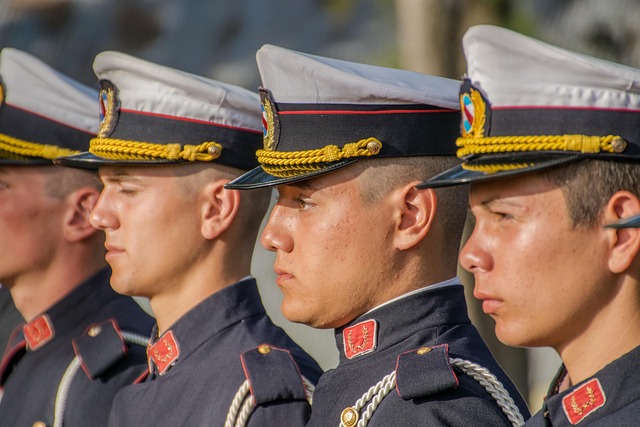
IAS Officers
The Indian Administrative Service (IAS) is one of the premier civil services in India, responsible for the administration of the country. IAS officers play a crucial role in the governance and implementation of policies at both the central and state levels. They are tasked with ensuring that the government functions effectively and efficiently, serving the needs of the public.
Role and Responsibilities
IAS officers are entrusted with a wide range of responsibilities that encompass various aspects of governance. Their roles can be categorized into several key areas:
- Policy Implementation: IAS officers are responsible for implementing government policies and programs. They ensure that the directives from the government are executed at the ground level.
- Administrative Leadership: They lead administrative departments and oversee the functioning of various government bodies. This includes managing resources, personnel, and budgets.
- Public Service: IAS officers serve the public by addressing grievances, facilitating services, and ensuring that the needs of citizens are met.
- Law and Order Maintenance: They play a vital role in maintaining law and order within their jurisdiction, often working closely with law enforcement agencies.
- International Representation: In certain capacities, IAS officers represent India in international forums and negotiations, contributing to bilateral and multilateral discussions.
Career Path of an IAS Officer
The journey to becoming an IAS officer is rigorous and demanding. It involves several stages:
- Examination: Candidates must clear the Civil Services Examination conducted by the Union Public Service Commission (UPSC). This examination is known for its challenging nature and requires extensive preparation.
- Training: Upon selection, candidates undergo training at the Lal Bahadur Shastri National Academy of Administration (LBSNAA) in Mussoorie. This training equips them with the necessary skills and knowledge for their roles.
- Probation: After training, IAS officers serve a probationary period as sub-divisional magistrates. This phase is crucial for gaining practical experience in administration.
- District Administration: Following probation, they typically serve as district magistrates and collectors, managing the administrative functions of a district.
- Promotions: With experience and performance, IAS officers can be promoted to higher positions, such as divisional commissioners or heads of government departments.
Impact on Governance
IAS officers significantly influence the governance landscape in India. Their decisions and actions can have far-reaching effects on public policy, economic development, and social welfare. By ensuring effective implementation of government schemes, they contribute to the overall progress of the nation.
Challenges Faced by IAS Officers
Despite their esteemed position, IAS officers encounter numerous challenges:
- Political Pressure: They often face pressure from political leaders, which can complicate decision-making processes.
- Resource Constraints: Limited resources can hinder the effective implementation of policies and programs.
- Public Expectations: The expectations of the public can be overwhelming, and meeting these demands requires exceptional skills and resilience.
- Work-Life Balance: The demanding nature of the job can lead to challenges in maintaining a healthy work-life balance.
Conclusion
The role of an IAS officer is pivotal in shaping the administrative framework of India. Their commitment to public service, coupled with their ability to navigate complex challenges, makes them integral to the functioning of the government. As India continues to evolve, the importance of IAS officers in fostering effective governance cannot be overstated.

















 What’s the Deal with CDL-A Drivers? 🚚
What’s the Deal with CDL-A Drivers? 🚚 
 Health
Health  Fitness
Fitness  Lifestyle
Lifestyle  Tech
Tech  Travel
Travel  Food
Food  Education
Education  Parenting
Parenting  Career & Work
Career & Work  Hobbies
Hobbies  Wellness
Wellness  Beauty
Beauty  Cars
Cars  Art
Art  Science
Science  Culture
Culture  Books
Books  Music
Music  Movies
Movies  Gaming
Gaming  Sports
Sports  Nature
Nature  Home & Garden
Home & Garden  Business & Finance
Business & Finance  Relationships
Relationships  Pets
Pets  Shopping
Shopping  Mindset & Inspiration
Mindset & Inspiration  Environment
Environment  Gadgets
Gadgets  Politics
Politics 